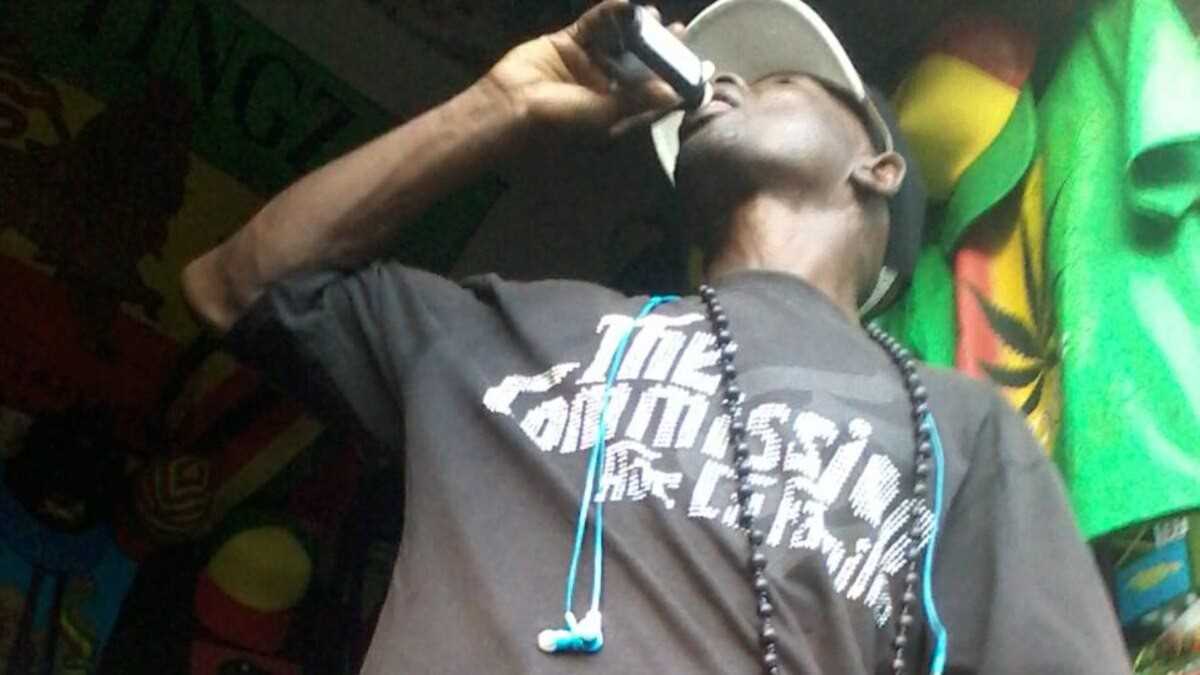
Philemon Jambaya
27-year-old Rodney spent hours lying comatose on the bed of a private clinic in Harare.
The healthy young person had suddenly suffered a serious health setback with all his vitals failing.
Eventually the medical team managed to bring him back from the brink of death, earning tears of gratitude from his mother who had spent 10 hours bargaining with her God to save the life of her only offspring.
Rodney was lucky to survive a drug overdose after experimenting with a shot of heroin when he had visited in the Avenues area of Harare.
A central nervous system depressant, heroin slows down brain function and affects a person’s breathing and causes their body temperature and blood pressure to drop while their heartbeat can become irregular and they may lose consciousness or lapse into a coma.
Rodney is not alone in risking his life for a temporary high as substance abuse in young people is escalating according to various research reports.
Broncleer cough mixture and crystal meth are the drugs of choice for the majority. Cocaine, heroin, ecstasy and other drugs are difficult to come by and prohibitively priced. None of these drugs are produced in Zimbabwe.
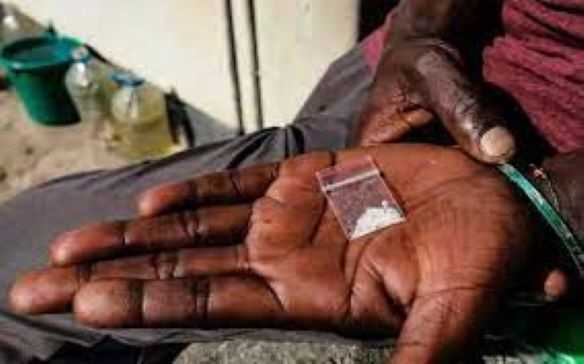
Looking at the number of drug peddlers and users in the country, it is clear that drugs are being imported in large quantities.
This writer separately engaged a number of drug dealers, posing as one wanting to join the trade.
“Crystal meth mostly comes from South Africa. Cocaine and heroin come from Mozambique and Tanzania via Zambia” one dealer shared.
From what the drug dealers interviewed said, it is seems that Zimbabwe is seeing the growth of drug cartels that work together to import the drugs and distribute them.
“The people who smuggle the product across borders are big players. They come together as five or so kingpins to buy the shipment and everyone takes their share. The then have their own people that they use as fronts to distribute to a few of their own dealers who push to the little kingpins who supply the street dealers or sell directly to select customers. So even if the police arrest the street dealer or his supplier, they have no way of getting to the real drug lords,” said another dealer.
The police have arrested about 7000 people in the country for drug possession- dealers and users- since launching a clean-up operation a few months ago. But there is no discernible reduction in drug use and abuse if one goes by the number of people “sticking” in public- the street lingo for someone who is in a zombie like drug induced stupor.
“Tapiwa Mtetwa (Not his real name), a malaicha at the Beitbridge Zim Now told this writer how drugs are brought into the country from South Africa:
“Sometimes we use undesignated routes along the border but it is risky but cheap as we only pay the security officials a little amount if we meet them in the bush. But when using the designated port of entry. We have to fork out something between 200 to 700 rands per box so that the officials “see nothing” in our luggage,” Mtetwa said.
Some people accused pharmacists of using their trade supply chains to smuggle Broncleer which they divert to the black market. The Medicines Control Authority of Zimbabwe is on record as saying that Broncleer is not licensed for sale in Zimbabwe.
But other unlicensed substances including family planning tablets and antibiotics are freely available on the streets, pointing to ease of smuggling in any substance into the country.
Related Stories
Who is the big loser in the drug game?
Tax expert Farai Kabvure said the country is losing substantial amounts of money through smuggling as the goods which are smuggled are supposed to pay duty and add to the country’s revenue.
“Tax collection is one of the government’s main revenue sources so as to be able to fund its programmes. Firstly, there is an excise duty that is levied on imported goods in terms of the Customs and Excise Act [chapter 23:02]. For cigarettes it’s 20% + 5 USD per 1000 cigarettes so, imagine if there are 10 000 000 cigarettes which are being smuggled into the country.
“We also have Value Add Tax where the local companies charge an extra 15% to the original price on products they sell consumers. This means local companies are collecting money from consumers on behalf of the government. In other words, the government is charging its citizens for consuming those products.
“We have income tax which is levied on income earned from trade and we also have PAYE levied on income from employment. So, those guys who smuggle and sell these products in the informal sector don’t pay all these taxes,” Kabvure said.
The loss of productivity and high crime rates have direct negative impact on the economy.
Economist Kudakwashe Munemo said loss of revenue affects government’s ability to fund welfare programmes and so everyone is a loser.
“Smuggling results in a loss of tax revenue which is meant to be allocated, disbursed and spent towards the well-being of the economy, for example, employment support and provision of social services. Thus it impacts the government’s ability to adequately provide economically,” Munemo said.
Then there is the medical bill of rehabilitation and managing the side effects of the drugs.
“Thus active time and input of economic agency is lost, putting pressure on the already incapacitated rehabilitation facilities,” Munemo said.
Chief Medical Officer at Ingutsheni Psychiatric Hospital in Bulawayo, Dr Nemache Mawere said last year that the second city has a high number of mental health patients owing to drug abuse.
“The Khumalo and St Mary’s wards are always overcrowded, particularly the Khumalo ward. As we speak, it has about 200 patients, yet it has a holding capacity of 89 patients and the facility is strained,” Dr Mawere said.
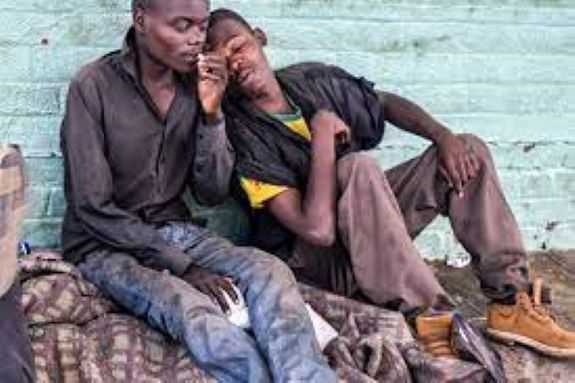
The drug dealers believe that they are just trying to survive and they take no responsibility as they do not initiate anyone on drugs.
“People want the drugs and I just supply them. I don’t go around offering drugs to anyone. So even if I don’t sell them mutoriro (crystal meth) someone else will. I am not stealing from anyone and I use the money I make to look after my family,” said a dealer who identified himself as Tawa who operates from Sunningdale 2 shops in Harare.
Tawa said even though he mostly sells to unemployed young people including school kids, they somehow always find the one US dollar that they need to score a hit.
The police have confirmed that drug trafficking is an issue and that they are tackling the challenge and have managed to net a few large hauls as they work together with other security agents.
“The Zimbabwe Republic Police have recorded several cases of drug trafficking,” police national spokesperson Assistant Commissioner Paul Nyathi told this publication.
However the cases on record in the public domain are mainly at airports with hardly any drug busts along the roads which seem to be the main arteries for the local drug supplies.
This story was produced by PHILEMON JAMBAYA. It was written as part of Wealth of Nations, a media skills development programme run by the Thomson Reuters Foundation. More information at www.wealth-of-nations.org. The content is the sole responsibility of the author and the publisher.










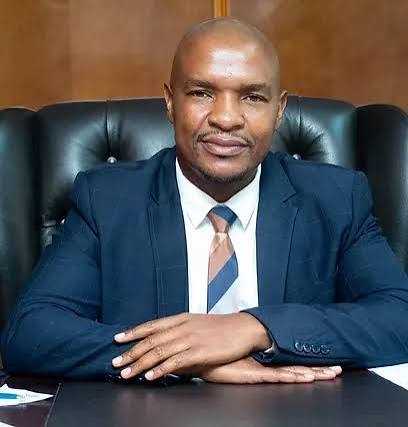
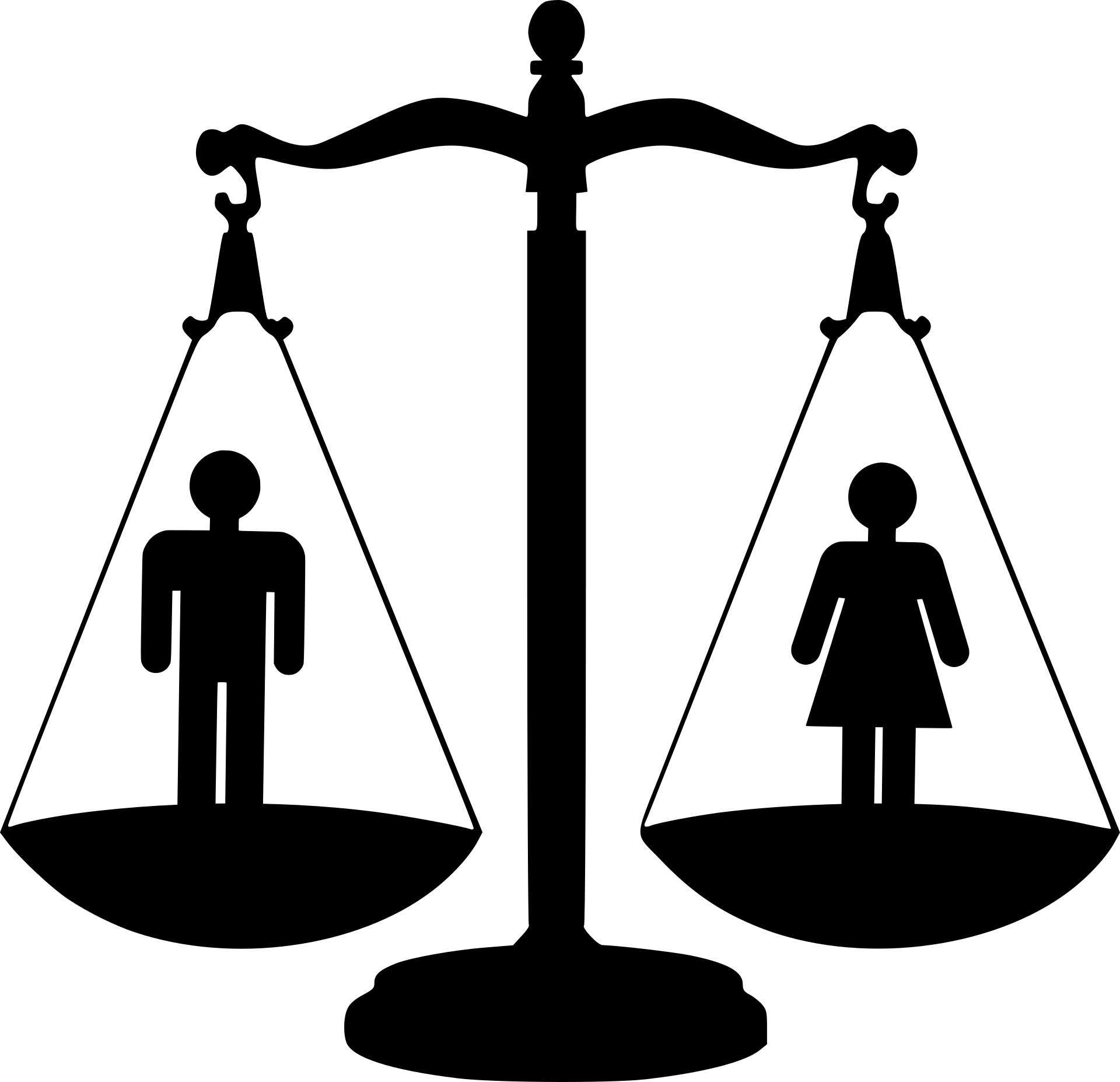


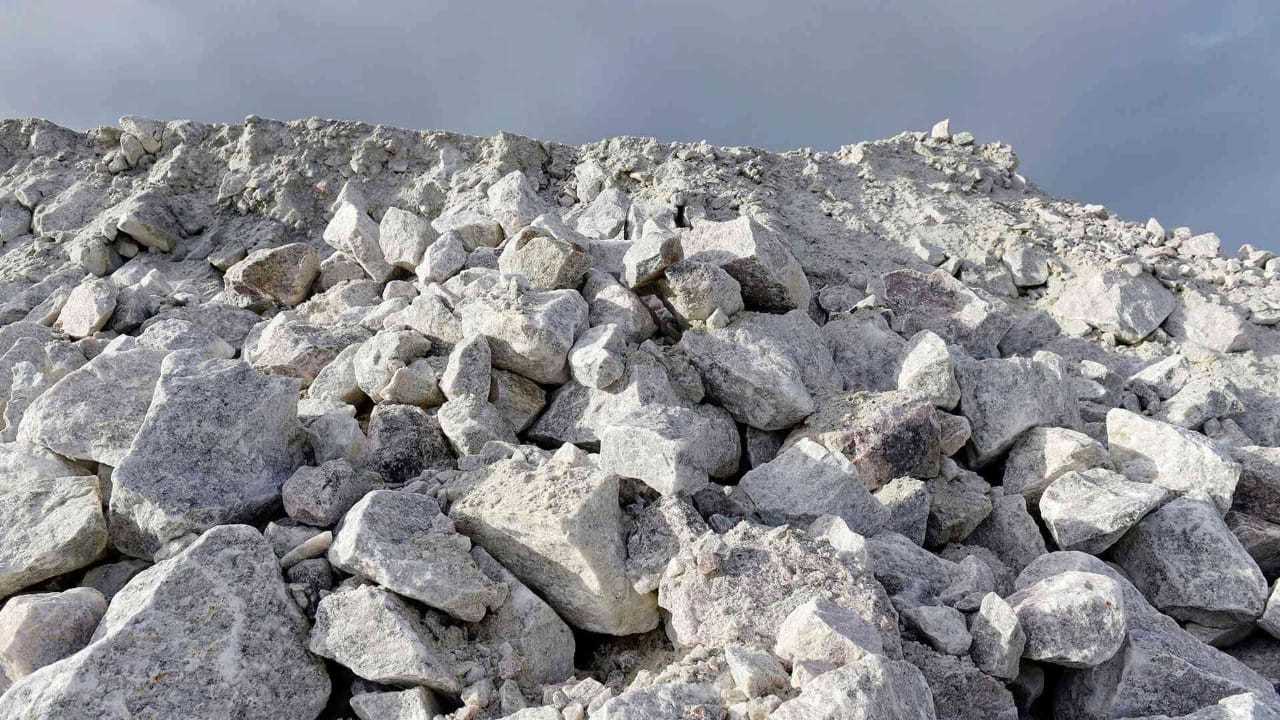

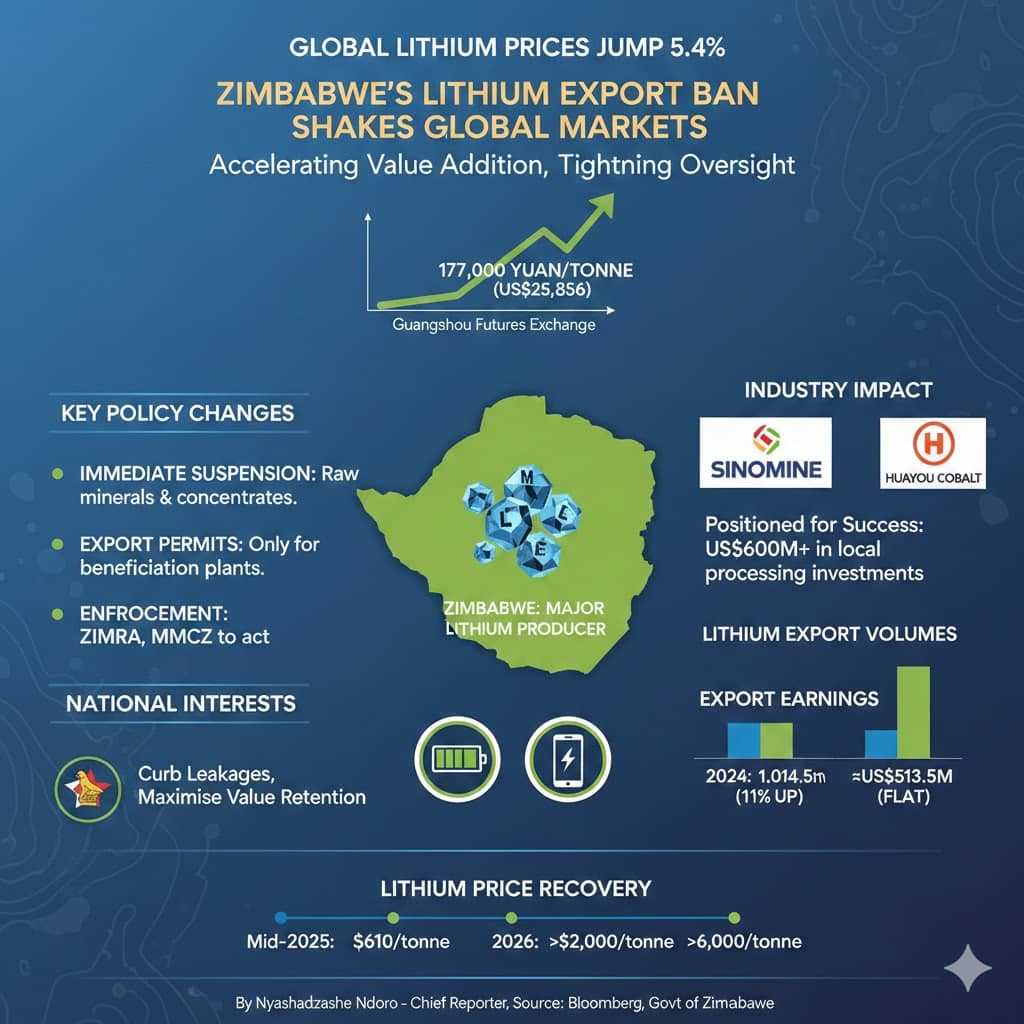


Leave Comments